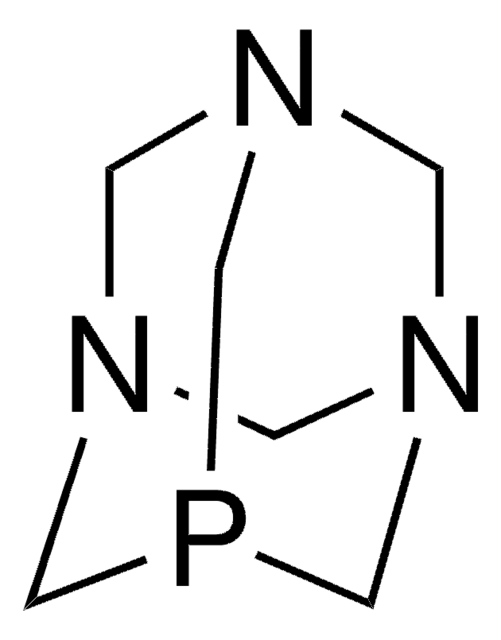11045
GC Stationary Phase
phase Diethylene glycol succinate (DEGS), bottle of 25 g
Sign Into View Organizational & Contract Pricing
All Photos(1)
About This Item
UNSPSC Code:
23151817
Recommended Products
Agency
meets requirements for USP G4
packaging
bottle of 25 g
parameter
temp. range at 20-200 °C
20-200 °C temp. range
technique(s)
gas chromatography (GC): suitable
matrix active group
Diethylene glycol succinate (DEGS) phase
solubility
acetone: soluble
column type
packed GC
Looking for similar products? Visit Product Comparison Guide
General description
In gas chromatography (GC) solutes are sorbed and desorbed only in the stationary phase. There is a large variety of stationary phases and the choice of it depends on its ability to interact with the sample. Diethylene glycol succinate stationary phase is a non-volatile liquid phase.
Synthesized specifically to be purer, of narrow molecular weight range, and without trace catalysts or impurities for use as a GC stationary phase.
Application
Diethylene glycol succinate was used as a stationary phase for the separation of glyceryl ethers from the liver oils of the grey dogfish, the Greenland shark, and the ratfish.
Storage Class Code
10 - Combustible liquids
WGK
WGK 3
Flash Point(F)
Not applicable
Flash Point(C)
Not applicable
Personal Protective Equipment
dust mask type N95 (US), Eyeshields, Gloves
Choose from one of the most recent versions:
Certificates of Analysis (COA)
Lot/Batch Number
Sorry, we don't have COAs for this product available online at this time.
If you need assistance, please contact Customer Support.
Already Own This Product?
Find documentation for the products that you have recently purchased in the Document Library.
Gas chromatography.
Singh R.
Science, 60-61 (2002)
Chromatography: Concepts and Contrasts.
Miller J M.
Science, 102-103 (2005)
The glyceryl ethers in the liver oils of elasmobranch fish.
Bo H and Larsson S.
Journal of Lipid Research, 3 (1), 31-38 (1962)
Basics of Analytical Chemistry and Chemical Equilibria.
Tissue B M.
Science, 10-10 (2013)
Kai Wang et al.
Biochemical pharmacology, 155, 494-509 (2018-08-03)
The present study aimed to evaluate the anti-colitis effect and underlying mechanisms of cardamonin, a natural flavone isolated from Alpinia katsumadai Hayata. The results showed that oral cardamonin significantly inhibited dextran sulfate sodium (DSS)- and 2,4,6-trinitrobenzene sulfonic acid (TNBS)-induced colitis
Our team of scientists has experience in all areas of research including Life Science, Material Science, Chemical Synthesis, Chromatography, Analytical and many others.
Contact Technical Service